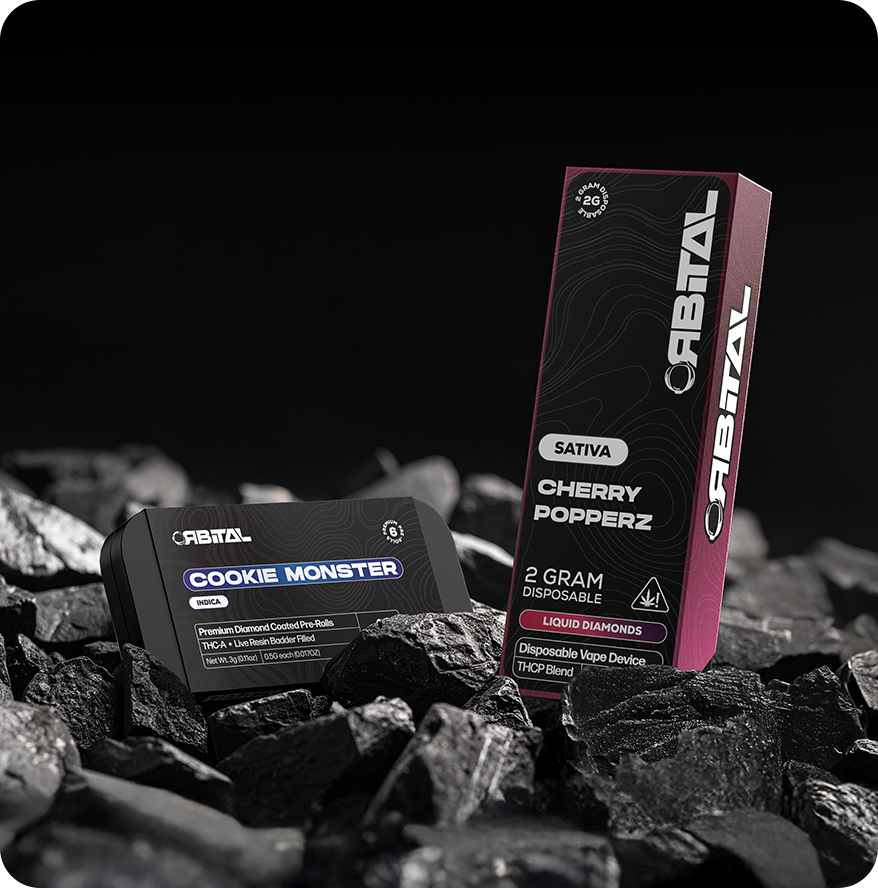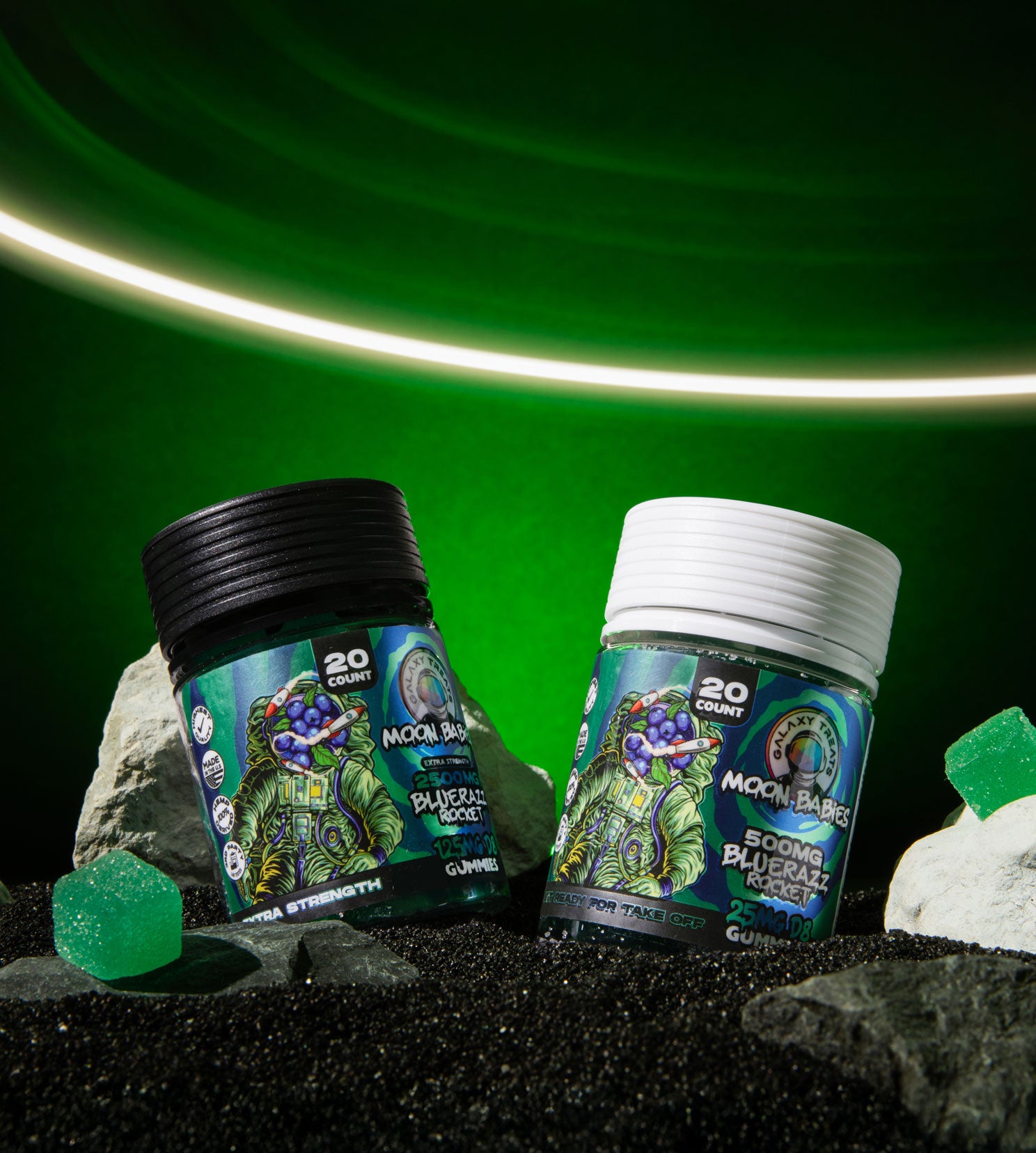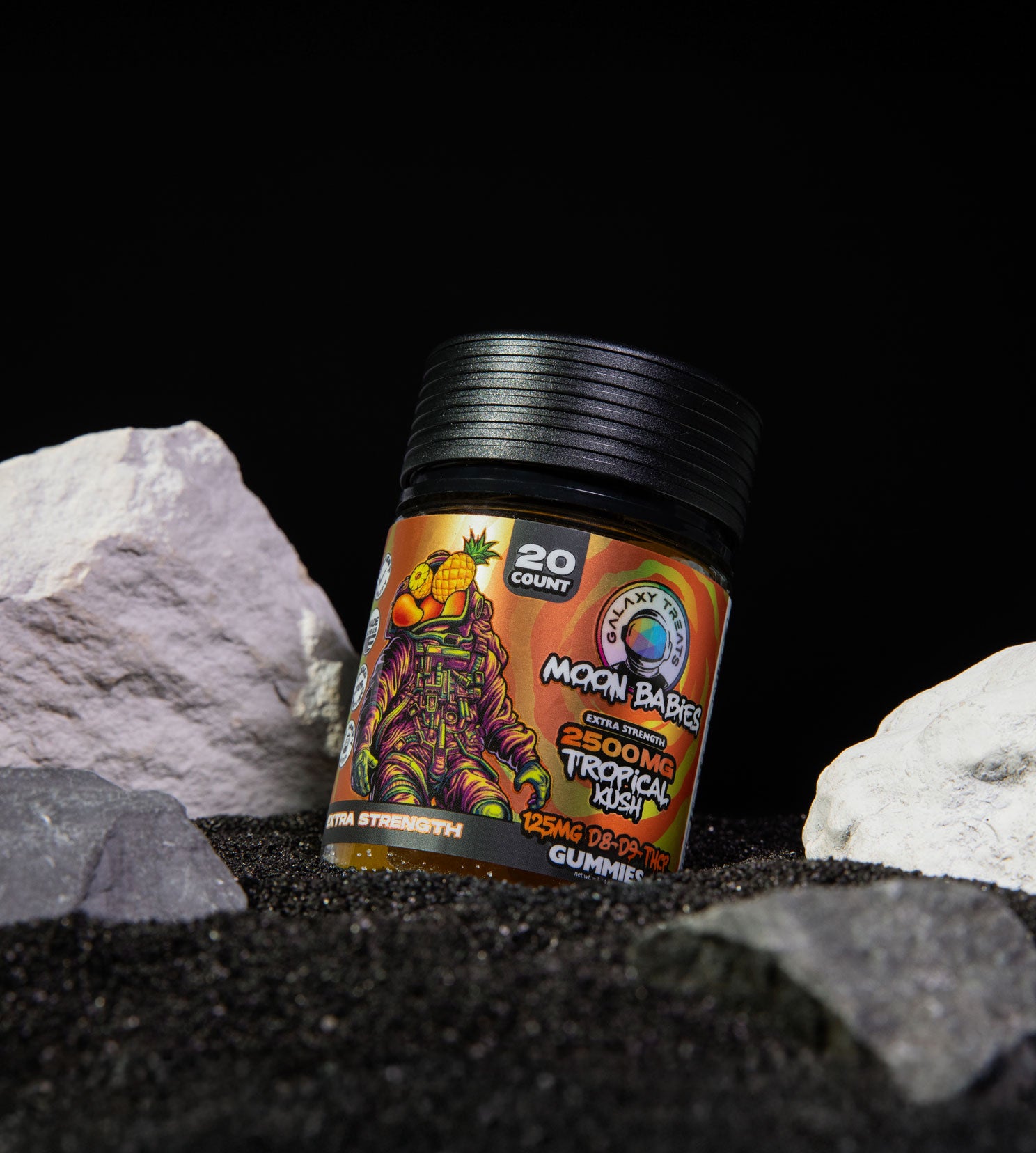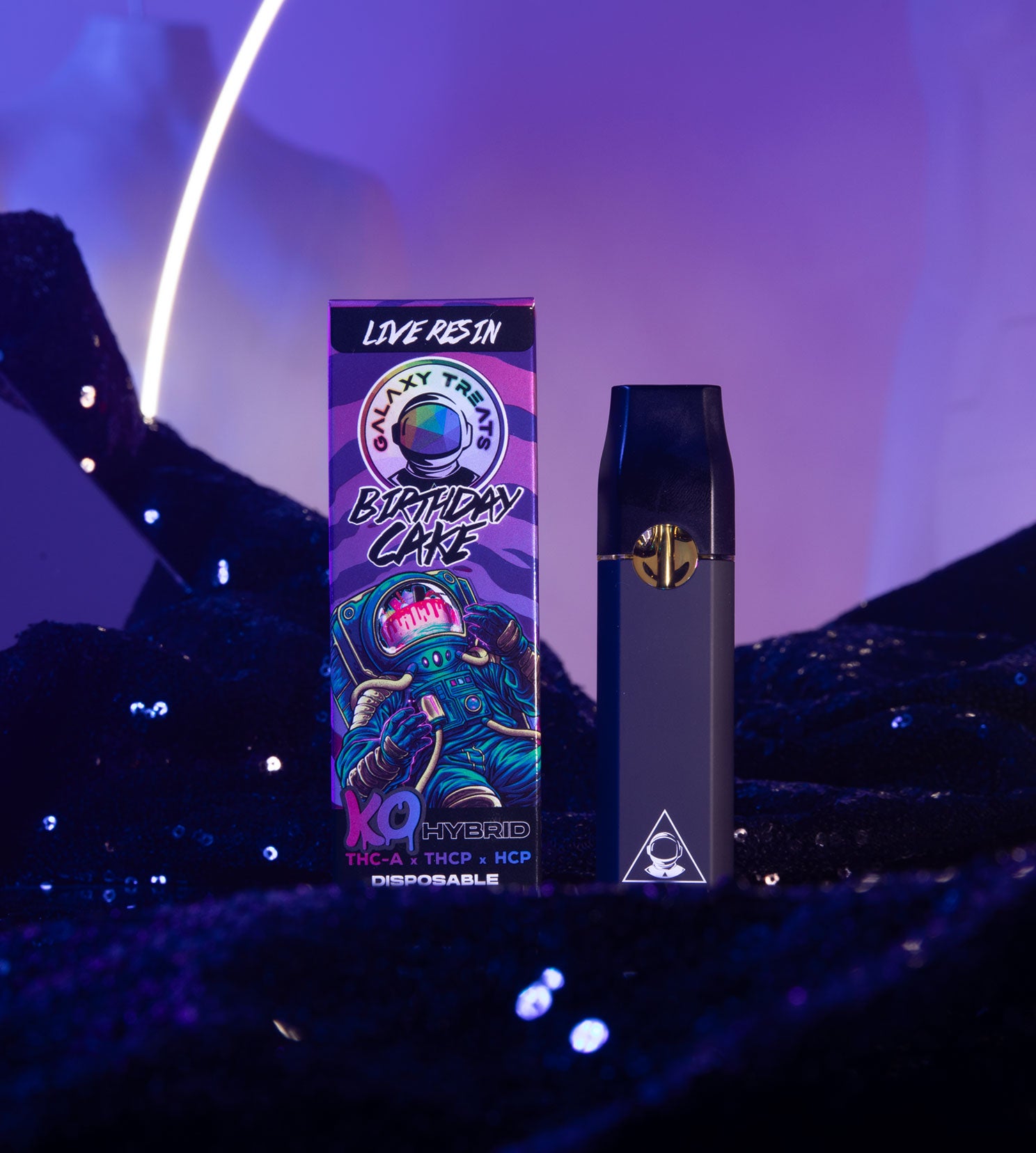The more laws are relaxed around cannabis and hemp, the more room there is for science, technology, and innovation when it comes to cannabis products. The 2018 Farm Bill set the stage for so many new possibilities with hemp-derived cannabinoids. Delta 8 THC is the perfect example. However, scientists had a grasp of delta 8 long before most people knew what it was.
Today, this cannabinoid has grown to be quite the noteworthy player in the world of hemp-derived cannabinoids. Let's take a look at where delta 8 started, and how that initial research blazed a trail for bringing delta 8 THC to the world in a federally legal way.
The more laws are relaxed around cannabis and hemp, the more room there is for science, technology, and innovation when it comes to cannabis products. The 2018 Farm Bill set the stage for so many new possibilities with hemp-derived cannabinoids.
Delta 8 THC is the perfect example. However, scientists had a grasp of
delta 8 long before most people knew what it was.
Today, this cannabinoid has grown to be quite the noteworthy player in the world of hemp-derived cannabinoids. Let's take a look at where
delta 8 started, and how that initial research blazed a trail for bringing
delta 8 THC to the world in a federally legal way.
A Closer Look at Delta 8 THC
Delta-8 tetrahydrocannabinol is a cannabinoid that exists naturally in small quantities in the
Cannabis Sativa plant, including hemp cultivars.
Delta 8 is psychoactive, which is logical because it is actually an isomer of delta-9 THC, the type of THC most recognized for its euphoric effects in cannabis.
Delta 8 is "moderately less potent" than delta 9 THC, usually somewhere around
half as potent.
Because
delta 8 is not quite as potent as delta 9, the cannabinoid is often touted as a "happy medium" among people who enjoy less-intense experiences from THC but want the therapeutic potential. In short, you get to enjoy the therapeutic effects of THC, as well as a milder euphoric experience, without the more profound intoxication that can come along with delta-9.
The Discovery of Delta 8
Even though most people had not heard of
delta 8 THC until recently, researchers have known about this cannabinoid for decades.
Delta 8 THC was
partially synthesized in 1941 during research efforts carried out by the University of Illinois. Researchers noted that they could use hydrochloric acid to convert cannabidiol (CBD) to a form of tetrahydrocannabinol.
Researchers even measured
the effects of delta 8 in human test subjects a year later in comparison to delta 9 THC, noting both had intoxicating effects. However, a total synthesized version of
delta 8 did not come about until 1965. Initially, most researchers referred to
delta 8 as "delta 6 THC" but that name is no longer used in scientific literature.
How Delta 8 THC Is Created Using Science
With that initial discovery that delta-8 could be synthesized by manipulating cannabidiol, scientists have taken that knowledge and refined it. Now, hemp plant processors use the well-honed scientific knowledge to everyone's advantage. Essentially, because
delta 8 is a desirable cannabinoid but is present in such low concentrations, processors can make use of the massive amount of CBD in hemp and create
delta 8 THC. This means more people have access to
delta 8 than what would be logical with standard extraction methods.

The process to convert CBD to
delta 8 is not as complicated as it may seem, even though it is best done in a controlled setting by experienced professionals. In short, the acidic environment is adjusted and heat is introduced to cause CBD to change its molecular structure to become
delta 8 THC. This process has been finely tuned over the course of more than 80 years.
Why So Much Interest in Delta 8 THC
One major driver behind the great interest in
delta 8 THC is the fact that it can be derived from hemp, which does indeed make it legal. According to the
2018 Farm Bill, extracts derived from hemp are legal as long as they contain less than 0.3% delta-9 THC. Of course, some state lawmakers have created their own rules and laws surrounding
delta 8 simply because it is an intoxicating compound. The fact that
delta 8 is legal in most states makes it an accessible alternative to delta 9, which is currently still illegal in a lot of places.
Beyond being an alternative delta 9, however,
delta 8 may offer its own sets of therapeutic advantages. Research into
delta 8 is still in its early stages, but there are signs that much like delta 9, this cannabinoid may be useful for things like pain, sleep, and nausea.
Is Delta 8 THC Safe?
Cannabinoids, in general, are
considered safe when used responsibly, including
delta 8 THC. Some people get the impression that
delta 8 is somehow unnatural or man-made. But that's not really the case.
Delta 8 does exist naturally in the hemp plant. Scientists just discovered a way to take what the plant produces (CBD) and convert it so the plant yields more
delta 8. The resulting cannabinoid is the same as what is naturally produced by the plant; heat and pH levels have simply been adjusted to change the molecular structure of the cannabinoid.

Of course, anyone looking to use
delta 8 should recognize that psychoactive effects are likely. It is best to keep dosage levels small until you know exactly how
delta 8 will affect you. And, all products containing
delta 8 should be kept away from children.
Ready to try delta 8 for yourself?
The road here has been a long one, but decades of scientific research into cannabinoids and how they come about made it possible for us all to enjoy
delta 8 THC. If you are ready to try
delta 8 for yourself, be sure to trust a reputable source. Take a look at our
delta 8 products at Galaxy Treats.



 The process to convert CBD to delta 8 is not as complicated as it may seem, even though it is best done in a controlled setting by experienced professionals. In short, the acidic environment is adjusted and heat is introduced to cause CBD to change its molecular structure to become delta 8 THC. This process has been finely tuned over the course of more than 80 years.
The process to convert CBD to delta 8 is not as complicated as it may seem, even though it is best done in a controlled setting by experienced professionals. In short, the acidic environment is adjusted and heat is introduced to cause CBD to change its molecular structure to become delta 8 THC. This process has been finely tuned over the course of more than 80 years.
 Of course, anyone looking to use delta 8 should recognize that psychoactive effects are likely. It is best to keep dosage levels small until you know exactly how delta 8 will affect you. And, all products containing delta 8 should be kept away from children.
Of course, anyone looking to use delta 8 should recognize that psychoactive effects are likely. It is best to keep dosage levels small until you know exactly how delta 8 will affect you. And, all products containing delta 8 should be kept away from children.








